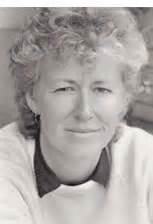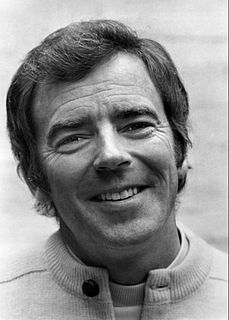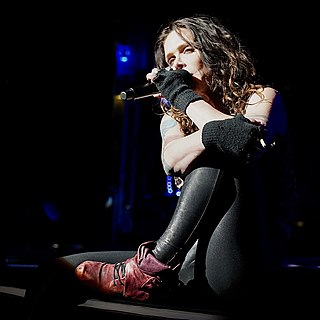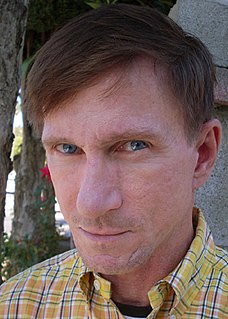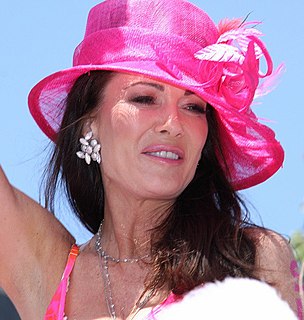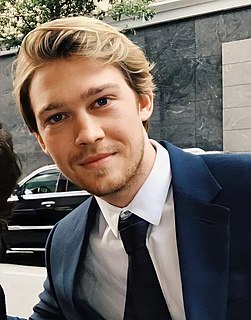A Quote by Edward Weston
It's hard not to tell the truth with a camera. Artists are particularly good at that.
Related Quotes
I don't paint, and I can't draw, but I see things, I think, quite well, and I love being able to freeze things with the camera, particularly the children. Then I discovered with the camera that you can tell a whole story with just freezing a moment in reality. I find it a very good way, a very satisfying feeling.
I think that's always the hope - I mean, I can't speak for others, but I think other artists, no matter what type of medium they are using - whether it be from painting to acting to dancing, songwriting, or anything like that - I believe the desire is to get to the truth, and I think it's really hard to tell the truth.
I have a hard time with historians because they idolize the truth. The truth is not uplifting; it destroys. I could tell most of the secretaries in the church office building that they are ugly and fat. That would be the truth, but it would hurt and destroy them. Historians should tell only that part of the truth that is inspiring and uplifting.
Sometimes I don't tell the truth, which is telling the truth about not telling the truth. I think people don't tell the truth when they're afraid that something bad's going to happen if they tell the truth. I say things all the time that I could really get into trouble for, but they kind of blow over.
I was a guitar player on the streets of Asbury Park and already a member in good standing amongst those who lie in service of the truth - artists with a small A. But I held four clean aces. I had youth, almost a decade of hardcore bar band experience, a good group of homegrown musicians who were attuned to my performance style, and a story to tell.
What makes a good follower? The single most important characteristic may well be a willingness to tell the truth. In a world of growing complexity leaders are increasingly dependent on their subordinates for good information, whether the leaders want to hear it or not. Followers who tell the truth and leaders who listen to it are an unbeatable combination.

